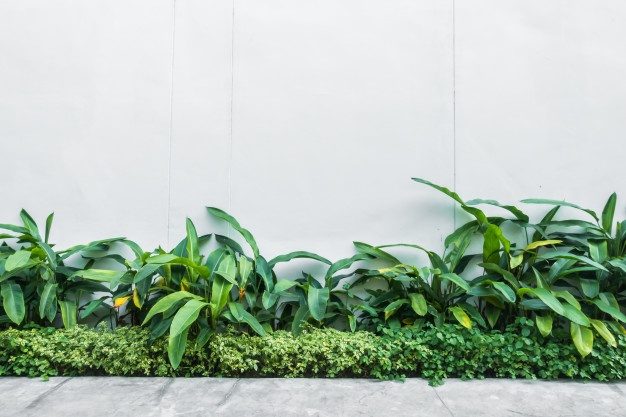
Tips For Building Your First Garden
Gardening is a rewarding hobby for adults and kids alike. It’s also a way to grow fresh food and flowers for your family and home, and it can be a great form of exercise. But before you start digging in the dirt, there are certain things you need to do–like purchasing or renting your land and planning out what types of plants and trees you want to grow in your garden. Fortunately, these 10 tips will help ease the process.
What is Your Space Like?
It’s a good idea to start by taking a look at your space. Does it get a lot of sun? Do you have a lot of shade? How much space do you have? Is your area good for plants that need wet soil or dry soil? You want to be sure that whatever plants you put in your garden, they will thrive there.
Choosing The Right Plants
Planting the wrong plants in your garden can be a big waste of time. Here are some tips for choosing the right ones: 1) Choose plants that will thrive in your region. 2) Choose plants that will produce the most food with the least effort. 3) Choose plants that flower and make pretty colors. 4) Choose perennial versus annuals because they require less maintenance and more flexibility over time. 5) Consider how often you’ll be able to water your garden–if it’s not daily, think about which of these types of gardens would work best: containers, raised beds, and ground-level gardens. 6) Think about what you have to offer in terms of sunlight, shade, shelter from wind, etc., when picking plants for
Pests and Other Challenges
It is never too late to start building your first garden, but it will be an uphill battle if you can’t handle the challenges. The main issue people face with gardens is pests. Whether they come in the form of snails or slugs, insects, or hungry animals, they can ruin a garden before it even starts. This is why you should start preparing for pests by planting row crops and tall plants.
Planting & Care Tips
It’s important to research what type of plant you’d like to grow before you start building your garden. Plants that are native to your area will be easy to maintain because they are used to the climate and soil in your region. Other good options include corn, carrots, broccoli, spinach, tomatoes, squash, strawberries, blueberries or any other food that is grown year-round in your area.
Conclusion
The first thing you need to know if you want to build your first garden is the size. Your garden should be at least three feet by four feet, and it should be about two and a half inches deep. The second thing you need to know is what you will plant. A good idea for a beginner’s garden is to plant some lettuce, tomatoes, carrots, and onions since they grow easily and will give you successful results.
